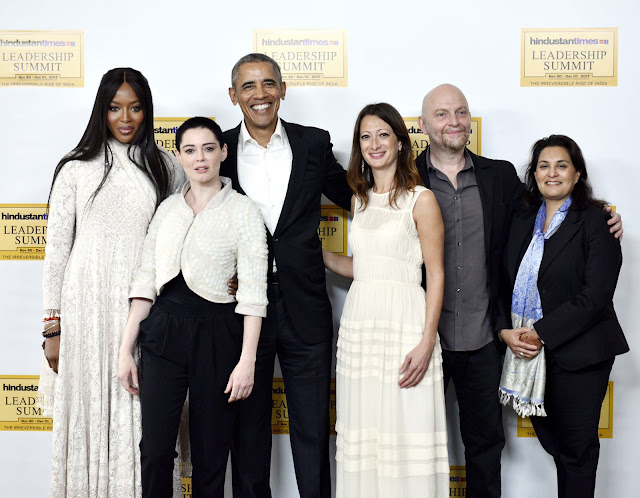Resilience to survive
The war in Syria has had a huge psychological impact on those affected. Atrocities such as rape and torture, loss of family and destruction of home and community is all part of daily life for those living under the conflict. Women shoulder a significant burden, familial responsibilities of being primary carers and breadwinners takes a heavy mental toll. Coping in besieged areas is even more complicated: trapped under constant shelling, limited contact with the outside world, dealing with the psychology of living every day not knowing where your next meal is coming from, or indeed constantly wondering whether it might be your last, causes significant psychological stress.
Yet here’s the thing: access to mental health in Syria is (and always has been) dire. In fact, even before the conflict there were less than 50 psychiatrists in a population of 23 million – with most of these found in the main cities of Damascus and Aleppo. The situation has, of course, only deteriorated as a result of the ongoing war. Which is why the work of our partner Insan deserves some serious airtime…
Insan, a group of Syrian mental health professionals, started out helping female rape victims at the beginning of the Syrian conflict. Their work soon grew into something more all-encompassing, aiming to assist women trying to cope with the wider burdens of the war. However, with virtually no mental health infrastructure to work with, the organisation was forced to start from scratch. And as the conflict deepened, it became too dangerous to work in-situ and they had to find other ways to reach out to those dealing with grief. So they came up with a plan to work with local people remotely across Syria. In the besieged Eastern Al Ghouta in Rural Damascus, Insan established a team of 14 women – originally teachers - to become psychosocial supporters. They want to train these women remotely, enabling them to provide mental health support to women in their local communities.
Insan’s work is crucial as people face two choices when they are trapped in a besieged area: either give up, or be resilient and survive. The local Syrian women that Insan are training and supporting can make the difference to the survival of Syrian women.
The bigger picture: why the current system has failed Insan
Human suffering is part of our daily news flow. But while we might feel compelled to act to alleviate some of this suffering we read about, the question is always how? If we give money, who do we give it to? How do we know it is doing any good, or even getting to the right places? And how much of it actually arrives where it should? These questions represent a growing mistrust of the humanitarian aid and charity sector as a whole, and sadly it is causing many of us to do nothing.
This mistrust is not without basis either. There is an increasing recognition that the current aid system is neglecting the crucial work of local humanitarians such as Insan – even though in war, people are hugely dependent on these local humanitarian organisations to provide health services. Insan and many others are not receiving the funding they need to continue their good work, because aid is often distributed according to the demands of large institutional donors and international aid organisations – not the needs of local communities. What’s more, these large international aid organisations often don’t know what is required on the ground and are often unable to access war-affected areas (unlike the local organisations).
It’s our time to move
Until CanDo, there were few solutions to this problem. But we believe people are the next superpower. We only need to consider people-powered movements such as the Women’s March in the US as an example. In the same vain, we think it is the responsibility of all of us – a big collective of global humanitarians - to deliver the change needed to support local humanitarians. Based on the idea of shared humanity and a belief in collective problem-solving, we connect engaged citizens around the world to these incredible organisations providing an on-the-ground healthcare response.
Our use of crowdfunding is new in conflict and war zones. It is powerful because it places the power back into the hands of us humanitarians: that’s the local humanitarian organisations like Insan that are in control of the their own campaigns, and you - the millions of global humanitarians that now have an opportunity to support them. In this sense, it enables everyone to be a humanitarian.
Our true people-to-people humanitarian response means we can all help provide essential healthcare to war devastated communities, and together we can save many more lives. What’s more it offers a much-needed retort to the victim mentality that war-affected communities are often tarnished with.
So we ask you to join the movement. Our time is now.
UPDATE: Support the Insan campaign here.
--------
UPDATE: Support the Insan campaign here.
--------
CanDo - crowdfunding a humanitarian movement



Comments
Post a Comment